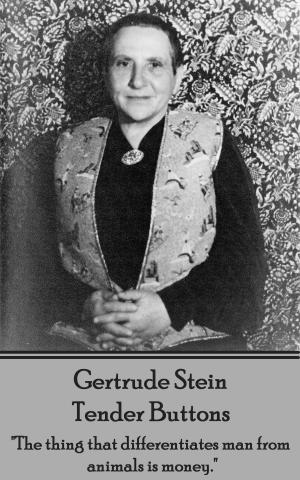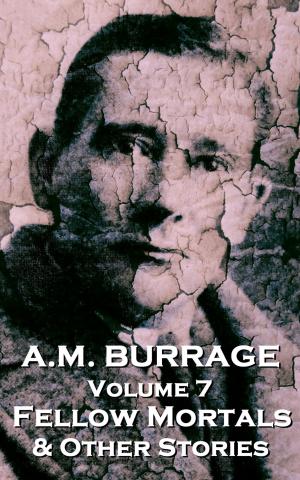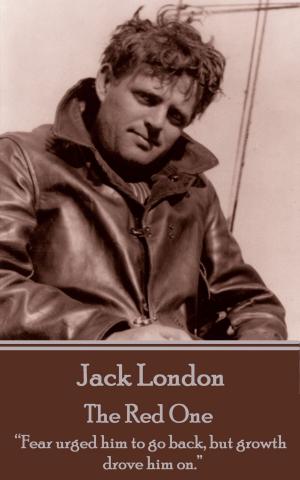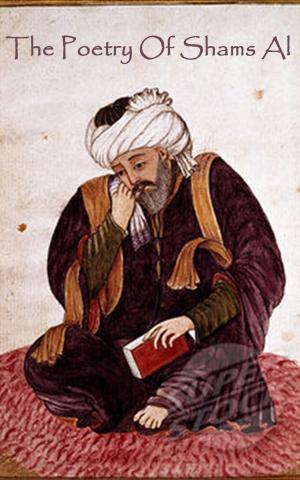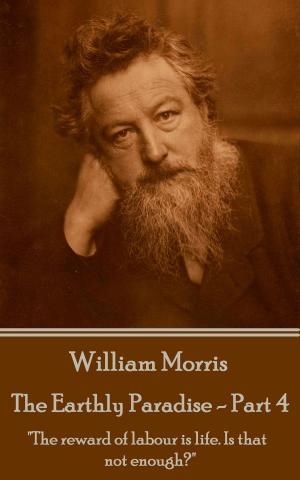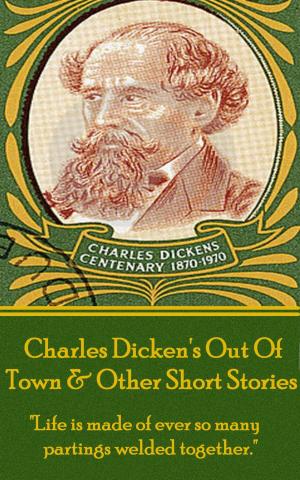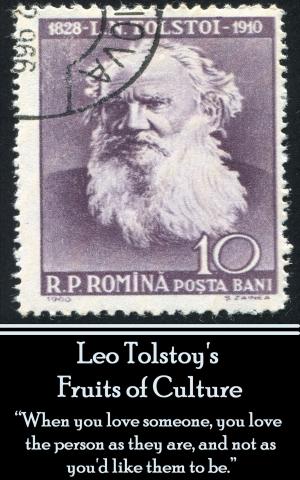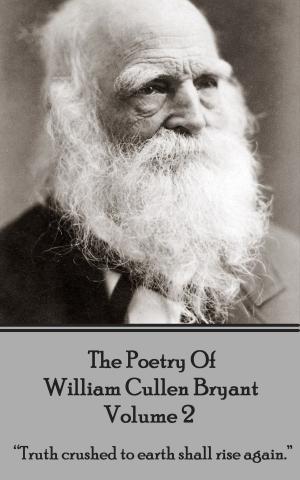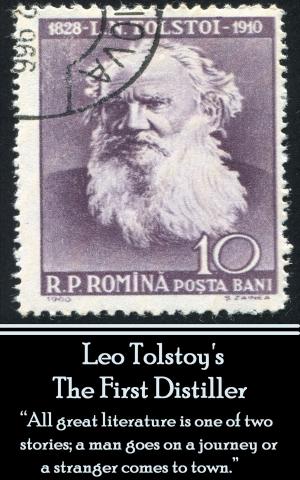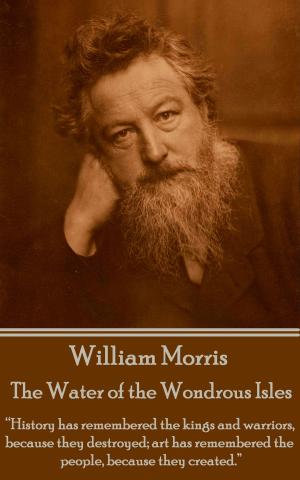The Silver Box
“Love has no age, no limit; and no death.”
Nonfiction, Entertainment, Theatre, Playwriting, Fiction & Literature, Drama, British & Irish| Author: | John Galsworthy | ISBN: | 9781783946174 |
| Publisher: | Deadtree Publishing | Publication: | December 15, 2009 |
| Imprint: | Stage Door | Language: | English |
| Author: | John Galsworthy |
| ISBN: | 9781783946174 |
| Publisher: | Deadtree Publishing |
| Publication: | December 15, 2009 |
| Imprint: | Stage Door |
| Language: | English |
John Galsworthy first published in 1897 with a collection of short stories entitled “The Four Winds”. For the next 7 years he published these and all works under his pen name John Sinjohn. It was only upon the death of his father and the publication of “The Island Pharisees” in 1904 that he published as John Galsworthy. His first play, which we publish here, was The Silver Box, an immediate success when it debuted in 1906 and was followed by “The Man of Property" later that same year and was the first in the Forsyte trilogy. Whilst today he is far more well know as a Nobel Prize winning novelist then he was considered a playwright dealing with social issues and the class system. He was appointed to the Order of Merit in 1929, after earlier turning down a knighthood, and awarded the Nobel Prize in 1932 though he was too ill to attend. John Galsworthy died from a brain tumour at his London home, Grove Lodge, Hampstead on January 31st 1933. In accordance with his will he was cremated at Woking with his ashes then being scattered over the South Downs from an aeroplane.
John Galsworthy first published in 1897 with a collection of short stories entitled “The Four Winds”. For the next 7 years he published these and all works under his pen name John Sinjohn. It was only upon the death of his father and the publication of “The Island Pharisees” in 1904 that he published as John Galsworthy. His first play, which we publish here, was The Silver Box, an immediate success when it debuted in 1906 and was followed by “The Man of Property" later that same year and was the first in the Forsyte trilogy. Whilst today he is far more well know as a Nobel Prize winning novelist then he was considered a playwright dealing with social issues and the class system. He was appointed to the Order of Merit in 1929, after earlier turning down a knighthood, and awarded the Nobel Prize in 1932 though he was too ill to attend. John Galsworthy died from a brain tumour at his London home, Grove Lodge, Hampstead on January 31st 1933. In accordance with his will he was cremated at Woking with his ashes then being scattered over the South Downs from an aeroplane.

